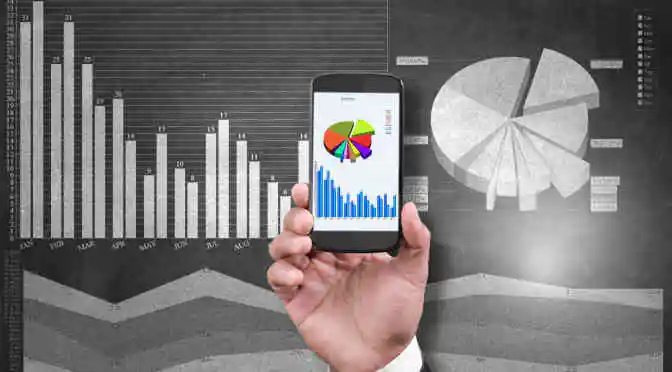Smart meters are being rolled out worldwide, with major government support backing the new technology.
While conventional meters only measure the total electricity used over a billing cycle, smart meters can pinpoint how much and when electricity is used. It records this consumption and sends the information to your utility provider via a smart grid communications network.
The idea behind this is that the more we know about our electricity consumption, the better equipped we are to manage it as demand skyrockets. Having detailed information on usage is near-real time allows utilities to direct power efficiently, and is meant to lead to cost-savings for consumers.
As smart meters and smart grids are implemented in more and more communities, the messaging has been the same: the detailed information on energy usage garnered from this new tech will be instrumental in reducing energy consumption, which helps reduce strain on the grid and ultimately leads to cost-savings for consumers.
But smart grids and smart meters also come with their fair share of problems. In fact, consumer skepticism is one of the major factors holding back wider penetration of the technology.
Smart grid implementation requires significant involvement from customers at the residential and commercial level since they are required to install smart grid technology at their end to enable the flow of power-usage data between the supply and demand sides, but issues like vulnerability, rising energy costs and even health concerns are creating a big barrier for the technology.
The Downside of Smart Meters
Vulnerability
According to a 2010 memo from SAGE Associates environmental consultants on the topic of smart grids, from the get-go there have been major concerns over the security of such a ubiquitous technology. The report, citing a Wired article from March 2010, says that:
“The wireless network proposed to enable smart grid and smart meter technology is a full-saturation, full-coverage RF blanket of wireless into every home and business that can increase the point of entry for malicious software (malware), to electrical service disruption or disconnection.”
In that same year approximately 4,396 new vulnerabilities were detected that could be used to take down, steal information from, or otherwise damage the smart grid.
Cyber security has advanced by leaps and bounds since 2010, but security of smart grids and smart meters is obviously enough of a concern to give consumers pause before adopting digital meters. In fact, the Global Smart Grid Cyber Security Market is expected to grow at a 9.7 percent CAGR over the next four years, thanks to concerns over hackers gaining access to sensitive information through the smart grid.
Billing Accuracy
The province of Quebec is making the switch to smart meters, with as many as 1.7 million Hydro Quebec customers now outfitted with the new tech. But there have been a slew of complaints rolling in regarding the billing accuracy of the new meters—more specifically, many customers have complained that their electricity bills have doubled or even tripled since the new meters were installed.
And this is hardly the first case of overbilling reports. When the Pacific Gas & Electric Company first started installing smart meters in Bakerfield CA, more than 100 people filed complaints of bills that were 200-400 percent higher with no discernable increase in power usage.
Health Concerns
A 2012 report from a citizens group concerned about smart meters, originally written for California legislators, cites a raft of problems, including “exploding meters, overheating meters, burning meters, house fires, “fried” appliances, burned outlets and electrical wiring, arcing, and interference with AFCIs and GFCIs”.
On top of the reports of fires associated with the new systems, smart meters produce elevated radio frequency, prolonged exposure to which can be considered a health risk. Not an overly comforting thought for consumers who are already wary of the new tech.
So it would appear that the jury’s still out on smart meters, smart grids and all their related technologies. Follow TechNavio on Twitter and Facebook, or visit our site for updated information on these growing, and seemingly controversial markets.



